Photographs: Reuters Sudhir Bisht
The cancellation of 122 telecom 2G licences by the apex court has created ripples across the country. Most people view it as some kind of a victory for the country and feel that the spectrum was sold for a song by various corrupt forces that worked in tandem to ensure that thousands of millions of rupees that could have accrued to the exchequer were lost.
I am saddened by the wrong perception held by the public at large and the reasons for my holding contrarian views are under:
i) It is widely believed that spectrum should have been auctioned and given to the highest bidder.
I feel that this would have driven the pricing of the final product very, very high.
Here's the real story of 2G licences
Image: It is widely believed that spectrum should have been given to the highest bidder.Photographs: Reuters
Just look at the state of affairs of the shopping centres built in the newest colony of Delhi, the sprawling mini-city of Dwarka.
The DDA had auctioned the tiny shops and collected an average price of Rs 60 lack for a 150 sq feet shop.
These shops lie vacant till date as the successful bidders can't think of any retail business that can give them returns which will even cover the interest cost of money used to buy these shops.
If spectrum were to be sold at a price higher than what it was sold for, the new entrants would have never succeeded in selling airtime for as low as 1-2 paise per second.
Here's the real story of 2G licences
Image: It is a given thing that people tend to talk more if the airtime tariffs are lower.Photographs: Reuters
If the spectrum was to be auctioned, the spectrum price would have been very high. The steep prices of 3G spectrum support my view.
High spectrum prices would have resulted in higher price of the end product and could have discouraged the customers from high usage.
It is a given thing that people tend to talk more if the airtime tariffs are lower. Low usage would have resulted in lower revenue for the telecom companies and consequently lower profits.
And remember that the government collects 30 per cent of Profit-before-tax as corporate tax. It is like catching your right ear by your right hand in a straight uncomplicated manner or by twirling your left hand behind the neck and catching the right ear in a slightly different manner.
Here's the real story of 2G licences
Image: Government exchequer is also in a way like reaching out to 'your right year'.Photographs: Reuters
But either way you achieve your target! Government exchequer is also in a way like reaching out to 'your right year'. A solid profit-making company paying 30 per cent PBT year-after-year is a better scenario than one-time-license fees.
ii) It is generally said that the spectrum shouldn't have been sold to companies which didn't have any experience in telecoms. I find this argument most bizarre.
Did Reliance, Bharti or Essar have any experience in telecoms when they were awarded licenses?
"Corporate experience" by huge companies is the sum of experience and expertise of all the people whom the companies hire.
Here's the real story of 2G licences
Image: It is wrong to say that companies should have telecom experience.Photographs: Reuters
Reliance had no experience of running a refinery but today it operates one of the most efficient refineries in the world.
This is because Reliance as a company didn't have any mid-stream experience but it was able to set up a first-class team of refinery professionals and succeeded building one of the best refineries in the world.
The same principle applies to all the companies who were awarded the licenses that have now been cancelled.
iii) It is said that those who were awarded the license sold their shares at exorbitant prices.
I would like to correct the public perception here.
Here's the real story of 2G licences
Image: The original shareholders couldn't have set up the network on their own.Photographs: Reuters
The winners of the 2G licenses increased their authorised share capitals base in a legitimate way and offered shares to the big foreign groups at a huge premium but the share premium went into the company balance sheets and not in the pockets of the original shareholders.
The share premium thus became an important source of funding the roll out of the huge infrastructure that goes into making a telecom network.
The original shareholders couldn't have set up the network on their own. They had to choose between a primarily-debt route, a primarily-equity route or a combination of both debt and equity.
Here's the real story of 2G licences
Image: People have also criticised the "first-cum-first-served" procedure adopted by the government.Photographs: Reuters
The premium paid by the foreign companies to pick up a majority stake ensured that the telecom companies' debt was kept reasonably low and this ensured less outflow of cash towards servicing the debt.
iv) People have also criticised the "first-cum-first-served" procedure adopted by the government.
To my mind this was the only policy that the Government could have adopted once the government had decided to keep the spectrum prices very low. No other procedure would have worked.
Here's the real story of 2G licences
Image: Cancellation of 2G licences is harsh indeed.Photographs: Reuters
This is just like the admission time for the nursery class of our children when the school sessions start. All children are eligible for admission and the fees for all is the same.
Of course some of the schools do conduct useless interviews where they try to extract some kind of a donation from some of the hapless parents.
I am sure that given the low spectrum prices, the "first-come-first-served" procedure was the right one.
v) I am not condoning any corrupt practices like bribery that appear to have played a role in the award of license.
Let the bribe givers and the bribe takers be punished for their acts of corruption but the cancellation of 2G licenses is harsh indeed.
I hope that when the bidding for the licenses does take place the existing players win at the auction and I pray that the other Telecom biggies don't play the spoilsports.
The existing players have sunk in vast sums of money in building the basic infrastructure and deserve their due.
Sudhir Bisht is the Director/CEO of Clairvoyant Corporate Solutions. He is also a prolific writer in business and social matters. Send feedback at sudhir_bisht@rediffmail.com


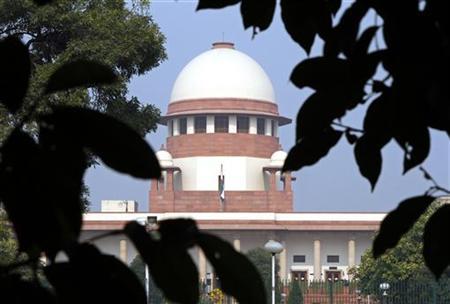
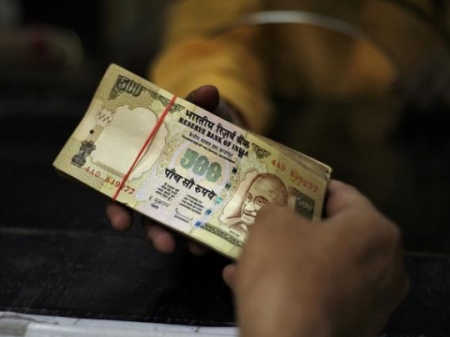
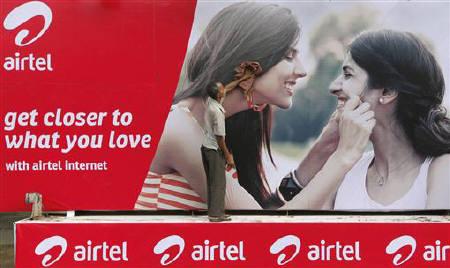
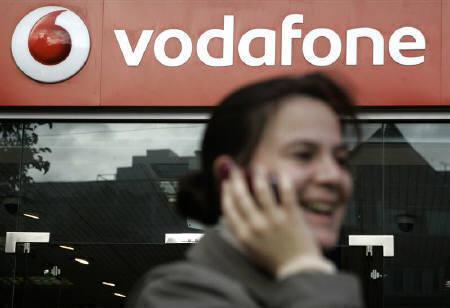
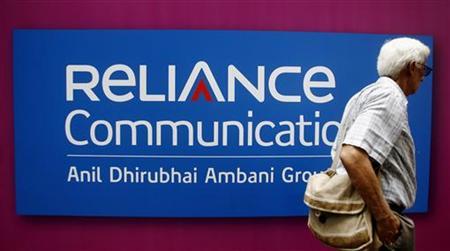
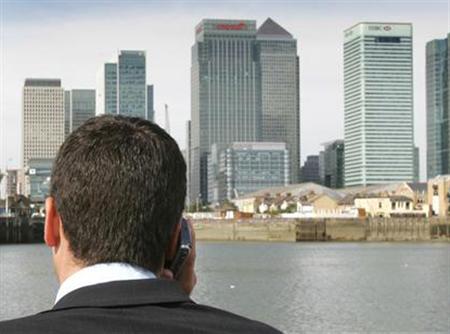

article